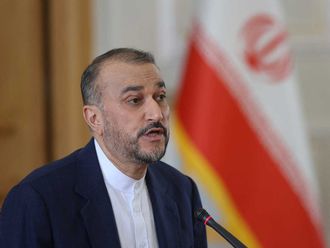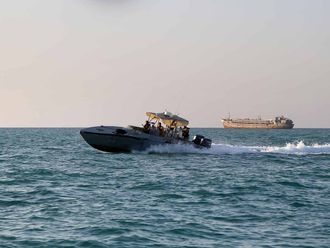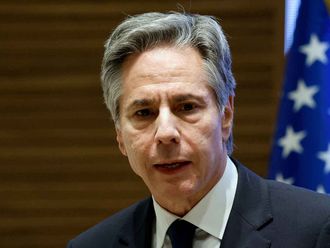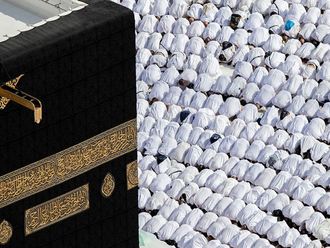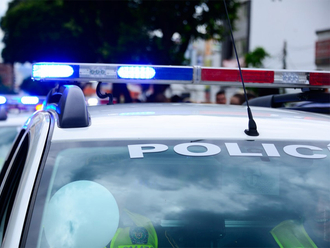Algiers: Algeria’s government has reached a deal to end a three-day protest by police officers who had staged a sit-in outside President Abdul Aziz Bouteflika’s office demanding better working conditions, the prime minister said on Wednesday.
More than a thousand Algerian policemen camped outside Bouteflika’s office in Algiers in a rare protest by one of the country’s security forces, triggered by complaints from riot units controlling clashes in a southern desert town.
“The government will meet next Sunday to address their demands, particularly the finance related ones,” Prime Minister Abdul Malek Sellal told state television after meeting with a delegation of police. “We have already resolved 11 demands.” Protesting police, mostly riot units and those showing support, had left the presidential compound after the agreement, witnesses at the scene said.
Security forces rarely protest in the North African state, where the Front de Liberation Nationale party and the military have dominated politics since 1962 independence from France, although protests over jobs and housing are common.
Chanting for the police chief to step down and singing the national anthem, officers in dark blue uniforms packed into the entrance of the presidential compound. More officers also took to the streets in the cities of Khenchela and Oran, a source said.
State news agency APS said among their demands were better pay, working conditions and also public housing for their families.
The protests in Algiers started on Tuesday when hundreds of officers marched through the streets in solidarity with colleagues near the southern city of Ghardaia, after officers there were injured in clashes between Arabs and Berbers.
Riots had broken out on Monday between the two communities near the desert town, with two people killed, and shops set on fire. Officers in the region then staged marches to protest against working conditions and having to deal with the violence.
Ghardaia, about 600km from Algiers, is home to both Arabs and the Mozabite Berber community, which speaks its own language and follows its own school of Islam. The area has often been the scene of clashes over jobs, houses and land.
Similar violence erupted in the area last year and at least five people were killed.
The police protests were unlikely to cause any wider security fallout for the Opec country, with Algerians wary of turmoil or political upheaval after a war in the 1990s between the military and Islamist militants that killed 200,000 people.
The security forces are still battling remnants of an Al Qaida-linked insurgency and since the 2011 uprisings in neighbouring Tunisia, Libya and Eqypt, have been under pressure to contain any social unrest in their country.


